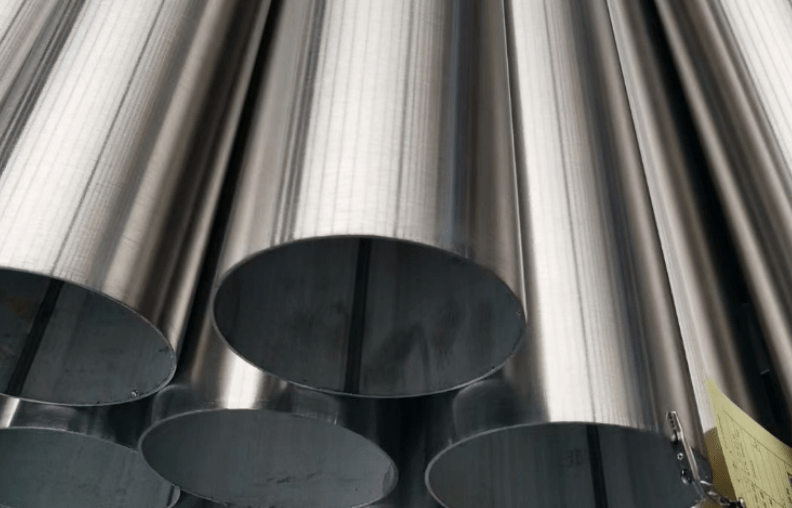Many customers often ask us, “What are the differences between Inconel 600 vs 800?” Today, we will focus on comparing Inconel 600 and Inconel 800, two highly regarded nickel-based alloys that possess unique properties and application areas.

Inconel 600 vs 800 – What’s the Difference?
Inconel 600, also known as UNS N06600, is a nickel-chromium alloy that offers excellent resistance to oxidation and corrosion. It maintains its strength and ductility over a wide range of temperatures, from cryogenic to elevated temperatures. This alloy’s primary advantage lies in its ability to resist sulfur-bearing gases at high temperatures, making it suitable for applications in severely corrosive environments.
On the other hand, Inconel 800, or UNS N08800, is a nickel-iron-chromium alloy that exhibits similar corrosion resistance but with added benefits. It is known for its superior resistance to carburization and oxidation in high-temperature environments. This alloy also maintains good mechanical properties at both low and high temperatures, making it a versatile material for various applications.
Now, let’s delve into the key differences between these two alloys.
Inconel 600 vs 800 – Composition
Firstly, the chemical composition of Inconel 600 and 800 differs significantly. Inconel 600 has a higher nickel content, typically around 72%, which contributes to its excellent corrosion resistance. In contrast, Inconel 800 has a more balanced composition of nickel, iron, and chromium, resulting in superior mechanical properties and oxidation resistance.
Inconel 600 vs 800 – Temperature Resistance Characteristics
Secondly, the two alloys exhibit different temperature resistance characteristics. Inconel 600 maintains its structural stability at temperatures up to 1100°C (2012°F) and is suitable for applications that require exposure to oxidizing atmospheres and sulfidizing conditions. On the other hand, Inconel 800 offers even better resistance to oxidation and carburization at temperatures up to 1300°F (704°C), making it ideal for high-temperature furnace components and other demanding applications.
Inconel 600 vs 800 – Mechanical Properties
Thirdly, the mechanical properties of these alloys also differ. Inconel 600 is known for its good ductility and toughness, which allows it to be easily formed and welded. It also exhibits good fatigue strength, making it suitable for dynamic loading conditions. Inconel 800, while offering similar ductility, tends to have slightly higher tensile strength and yield strength, providing enhanced structural integrity in high-stress environments.
Inconel 600 vs 800 – Applications
Lastly, the applications of these alloys vary depending on their unique characteristics. Inconel 600 is widely used in chemical processing equipment, furnace components, and heat treating equipment due to its resistance to oxidizing and reducing atmospheres. On the other hand, Inconel 800 finds applications in high-temperature furnaces, petrochemical processing, and nuclear power plants where its superior oxidation and carburization resistance are crucial.
Conclusion
In conclusion, Inconel 600 and 800 are both excellent nickel-based alloys with distinct properties and applications. The choice between them depends on the specific requirements of the application, such as the operating temperature, corrosive environment, and mechanical loading conditions.
Thank you for reading our article and we hope it can help you to have a better understanding of the differences between Inconel 600 vs 800. If you are looking for Inconel 600 & 800 alloy suppliers online now, we would advise you to visit Huaxiao Alloy.
As a leading supplier of Inconel Alloy products from Shanghai China, Huaxiao Alloy offers customers high-quality Inconel 600, Inconel 800, Inconel 718, and Inconel 601 at a very competitive price.



